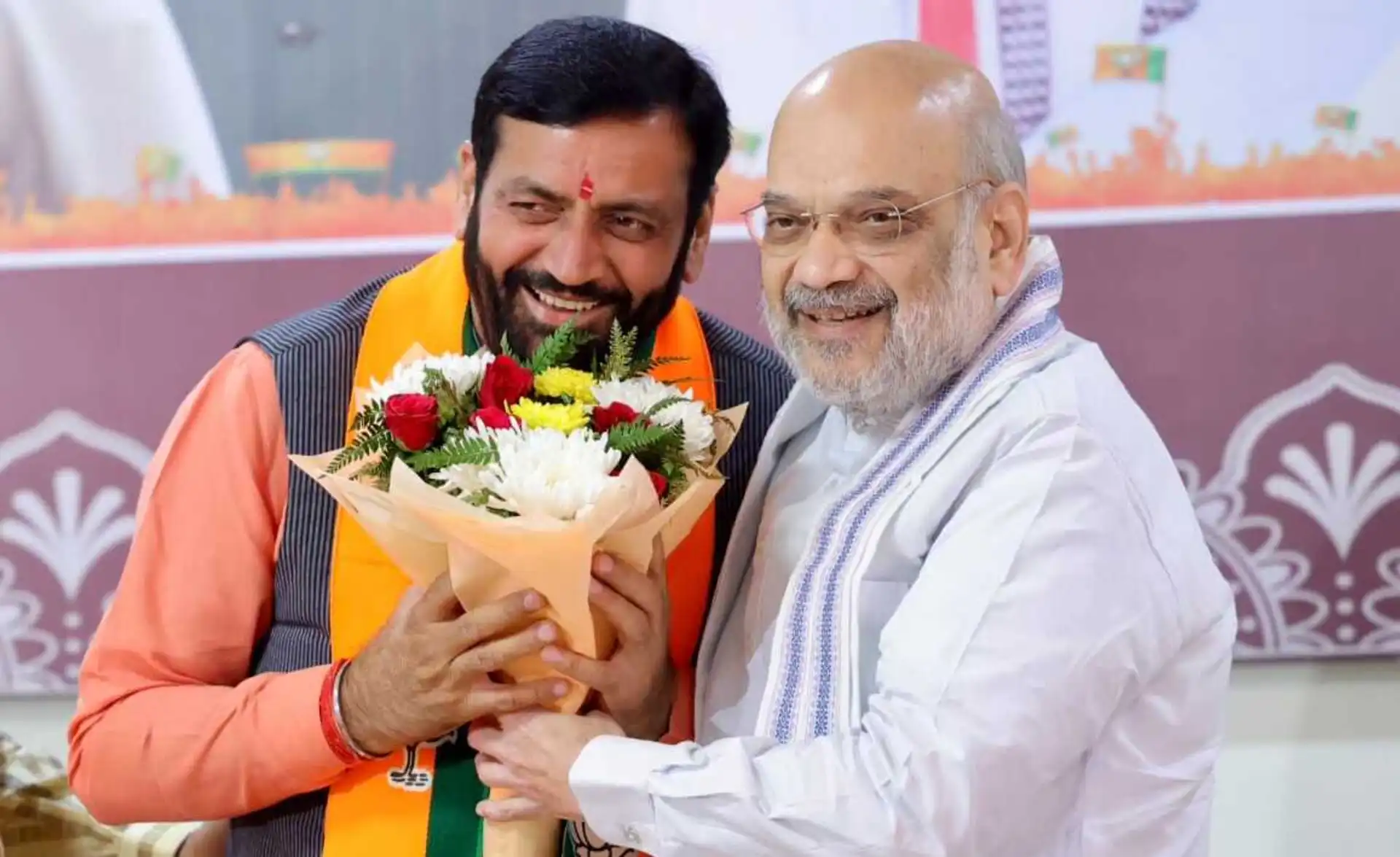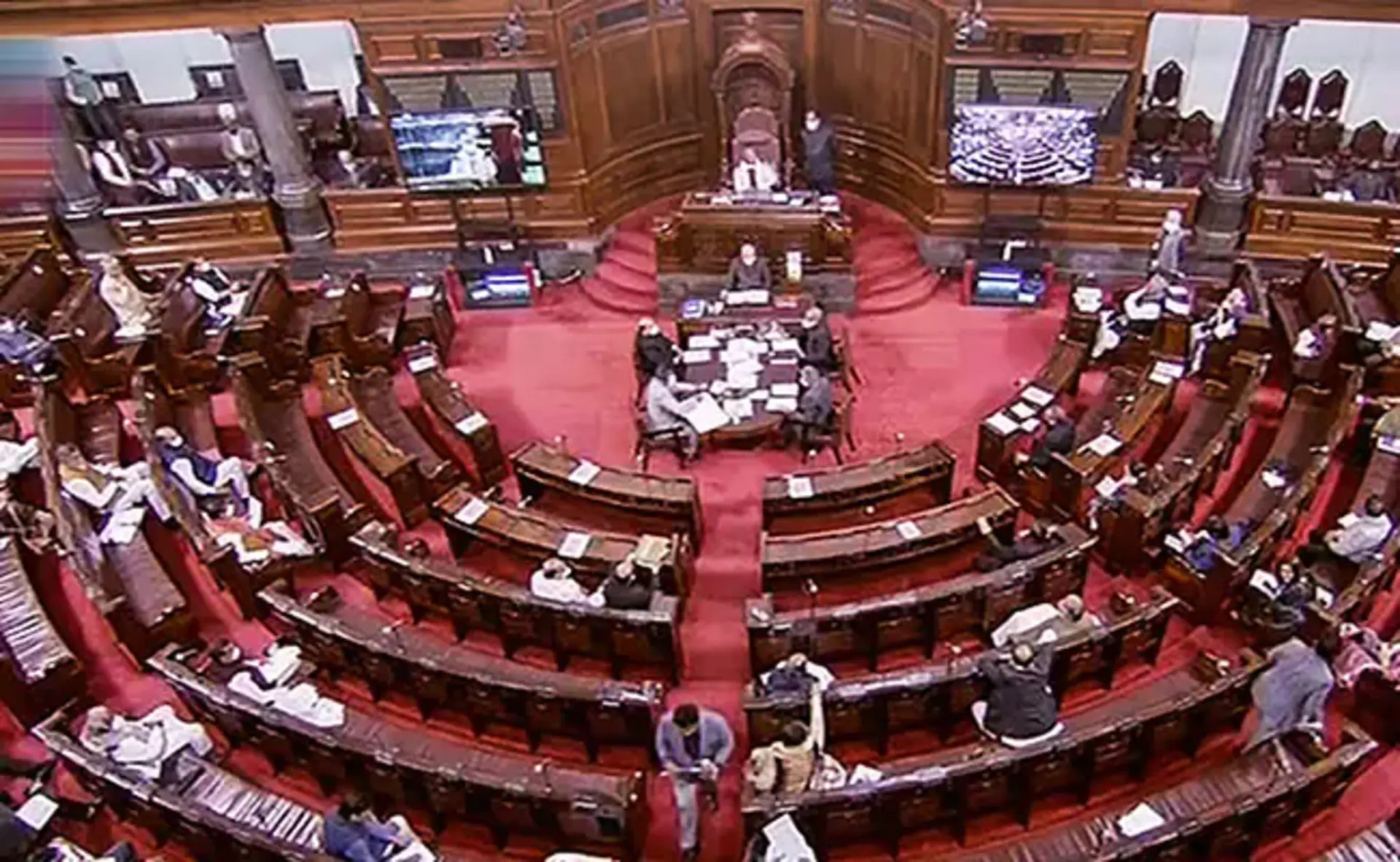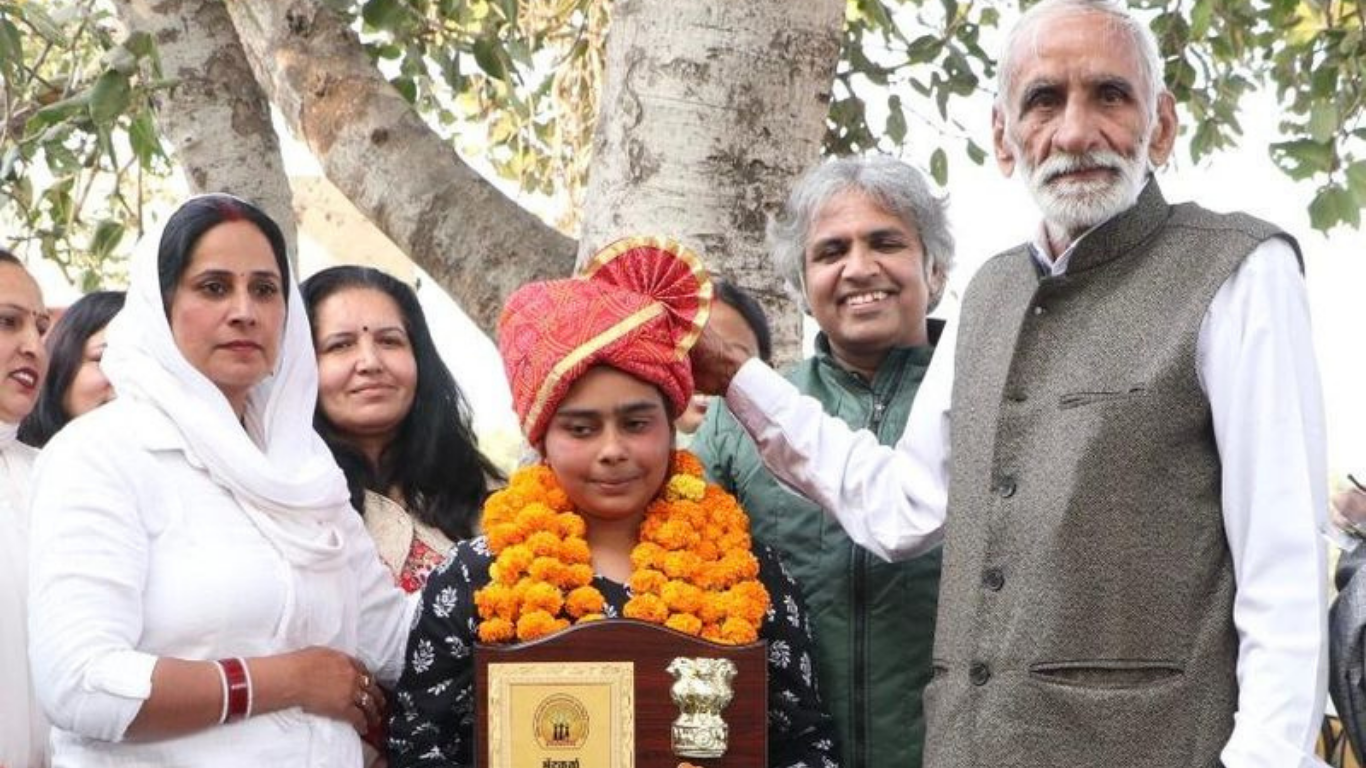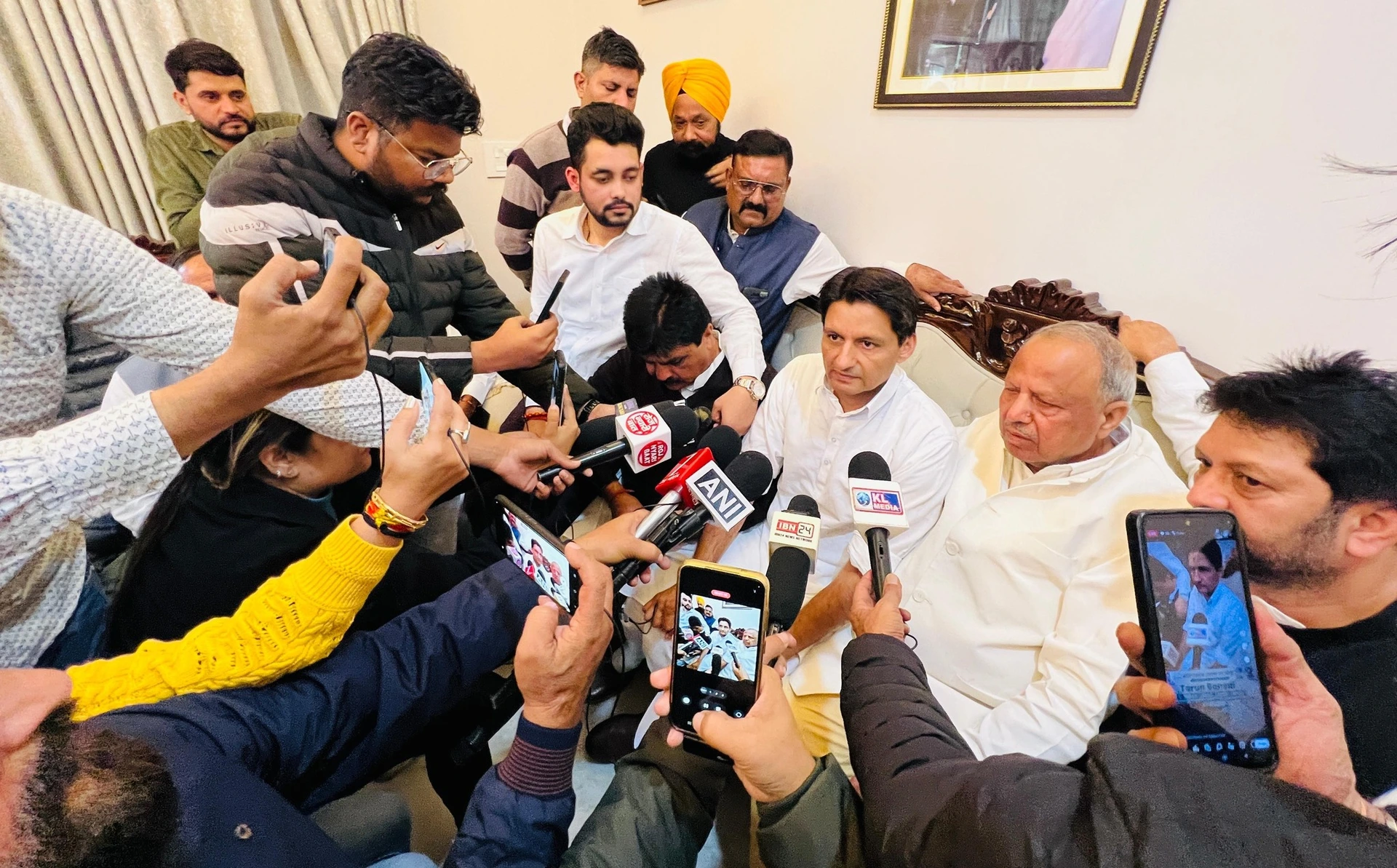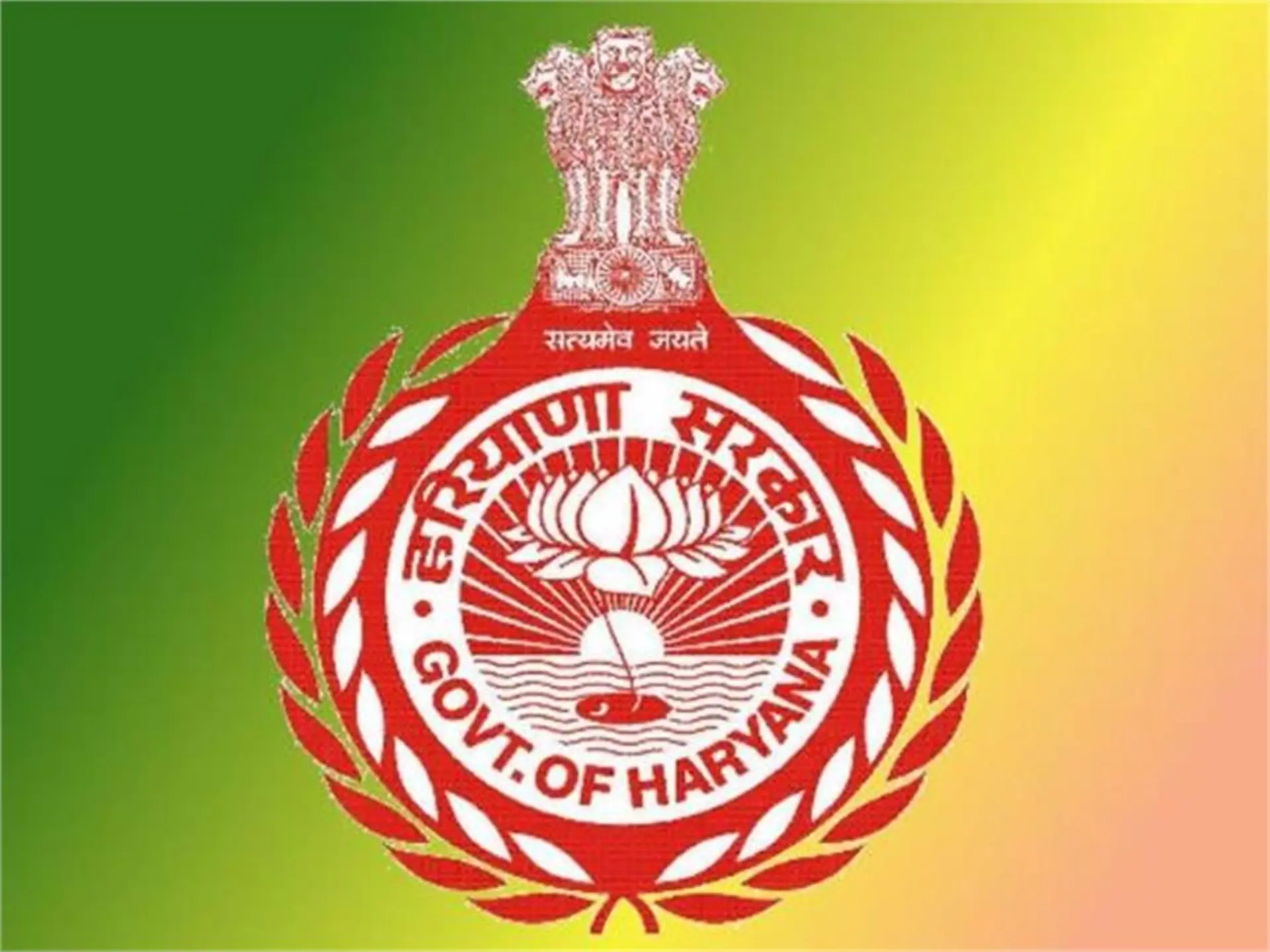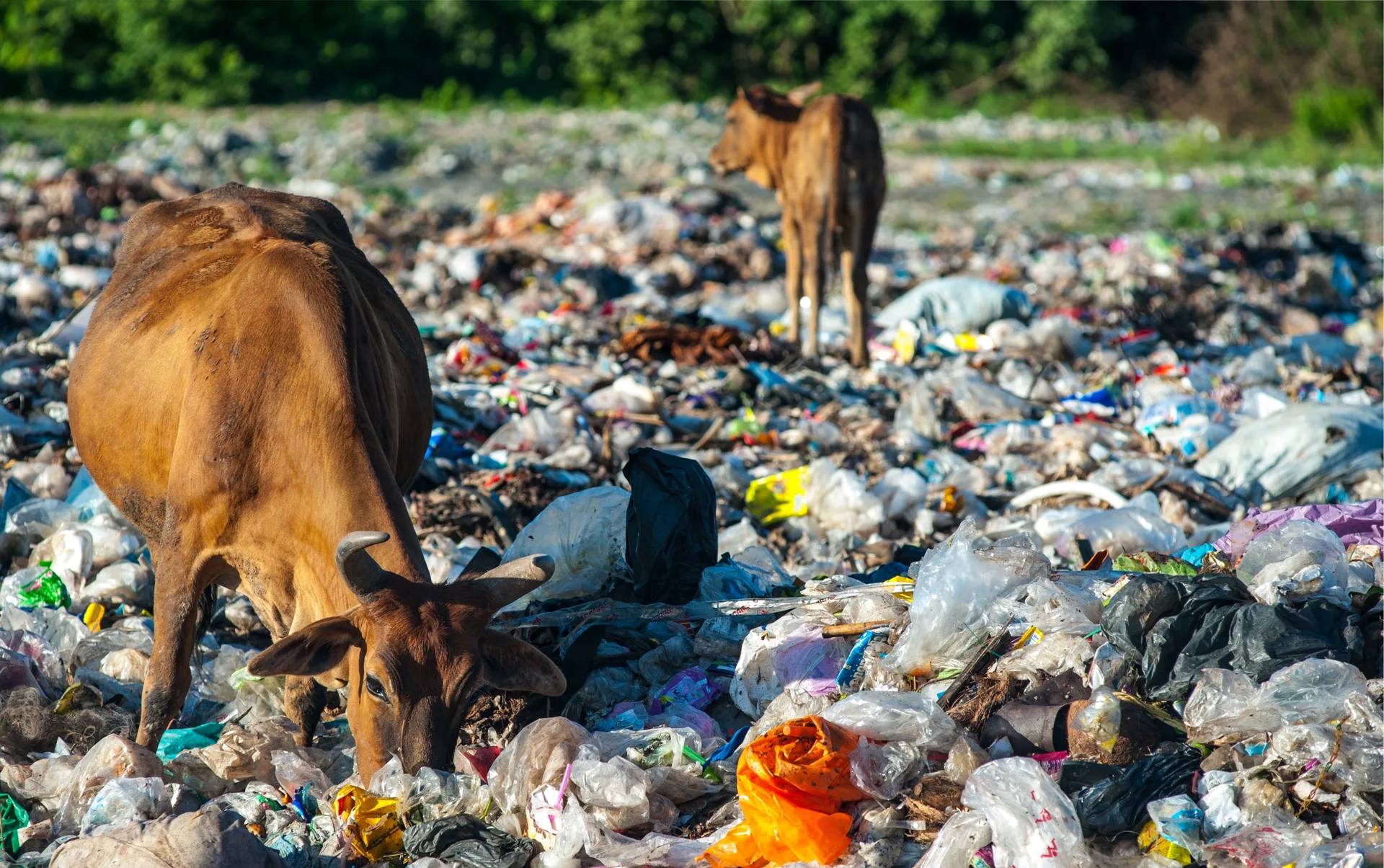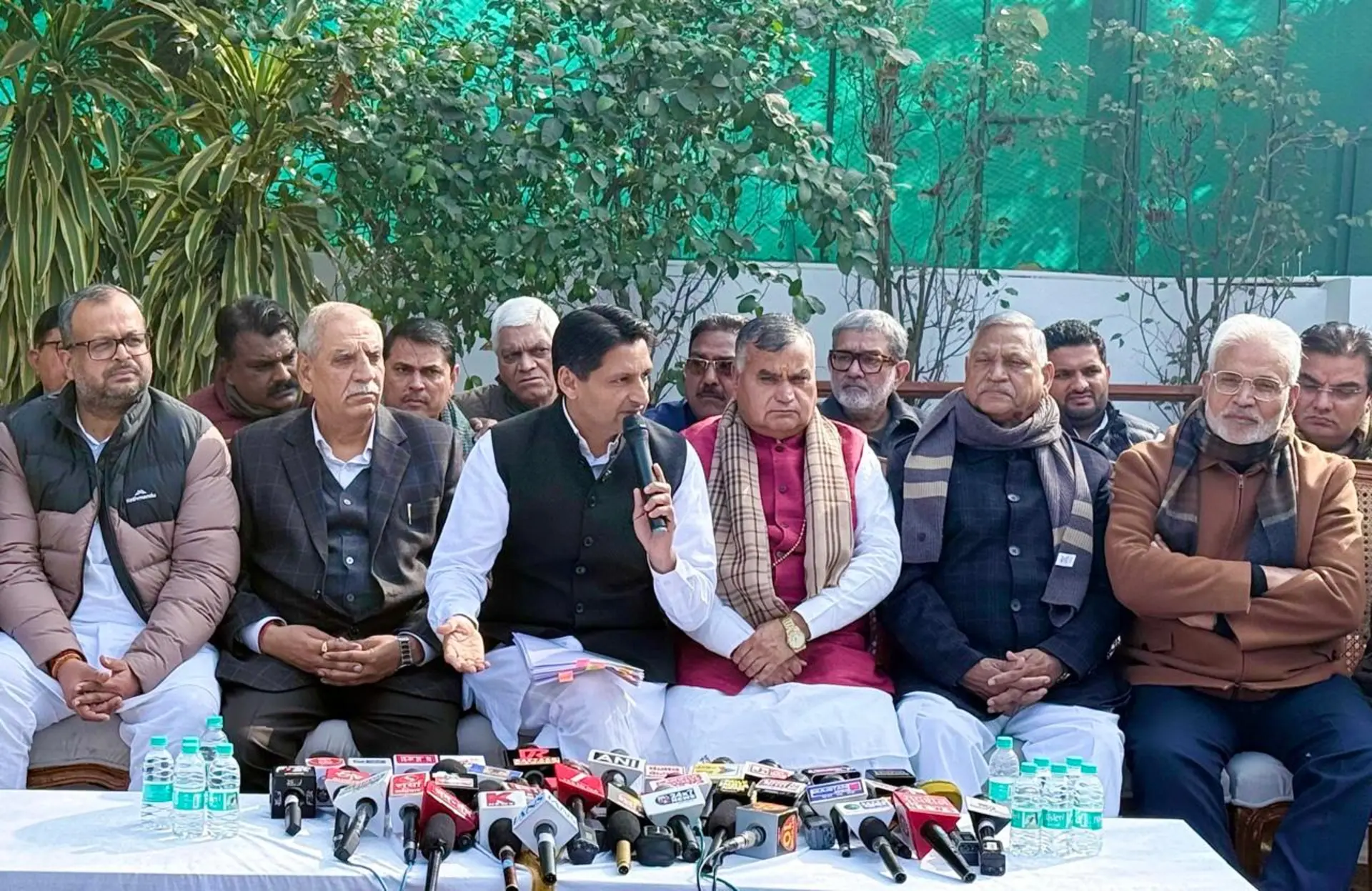
Internal Review Process and Findings
The Bharatiya Janata Party (BJP) has completed a detailed analysis of its electoral performance in Haryana, where it lost 42 out of 90 assembly seats despite forming the government. The month-long review process included extensive feedback from various stakeholders, including defeated candidates, district presidents, veteran workers, and the Rashtriya Swayamsevak Sangh (RSS). The comprehensive report has been submitted to the party's top leadership.
Key Factors Behind Electoral Losses
The report identified five crucial factors that contributed to the party's defeats:
- Veteran Leader Neglect: The party faced backlash for sidelining long-time workers and hastily inducting leaders from other parties just before elections.
- Anti-incumbency Impact: A significant 5% swing of voters shifted to Congress, particularly affecting close contests. Districts like Rohtak, Sirsa, and Fatehabad witnessed the strongest anti-incumbency sentiment.
- Farmer and Jat Community Discontent: The aftermath of the farmer protests significantly impacted results, especially in Sirsa and Fatehabad, where Congress won all eight seats.
Regional Challenges and Future Plans
The party failed to open its account in five crucial districts - Nuh, Sirsa, Jhajjar, Rohtak, and Fatehabad. The Muslim-majority Mewat region showed strong opposition to BJP, with local residents citing developmental neglect. In response, the party is preparing for significant organizational changes, including:
- Restructuring district units
- Removing inactive office bearers
- Implementing RSS recommendations
- Revising candidate selection processes
State Co-in-charge Biplab Deb has already discussed these findings with the state BJP president, suggesting imminent organizational reforms. The comprehensive review indicates that BJP's leadership is taking these electoral setbacks seriously. State Organization Minister Phanindra Nath Sharma emphasized that the review process is continuous and crucial for party improvement. The findings suggest that the party needs to reconnect with its grassroots workers, address regional aspirations, and rebuild trust with key voter segments, particularly farmers and the Jat community. These insights are likely to shape BJP's strategy not only for future state elections but also for the upcoming national elections.



